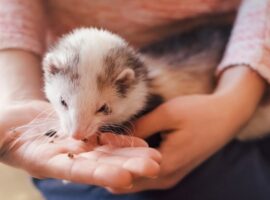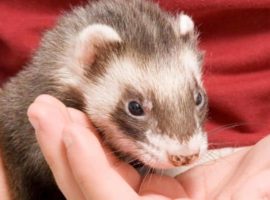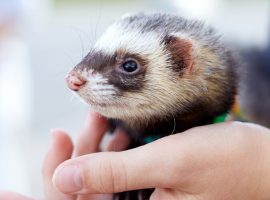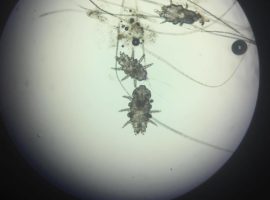What pet is curious, intelligent, playful, undeniably adorable, mischevious at times, friendly, and affectionate? A ferret of course! For the right owners, ferrets can make absolutely wonderful pets. Unfortunately, ferrets are susceptible to certain medical conditions, making it important to work with an experienced, knowledgable vet if you own one.
Here, we address a variety of topics to help you provide the best care to your ferret as possible. From enrichment activities to keep your curious, playful pet stimulated to common parasites to watch for in ferrets to proper dental care for ferrets, we aim to arm you with as much information as possible to make your furry little family member as happy and healthy as possible.
 08/12/2023
08/12/2023 A Guide to Feeding Your Ferret
 08/12/2023
08/12/2023 Ferret Raw Feeding Recipe
 14/02/2022
14/02/2022 Ferret Enrichment Ideas (11 Tips and Tricks to Keep Your Ferret Entertained)
 08/09/2020
08/09/2020 Desexing Options for Ferrets
 01/06/2020
01/06/2020 Sneezing And Coughing In Ferrets
 14/08/2018
14/08/2018 